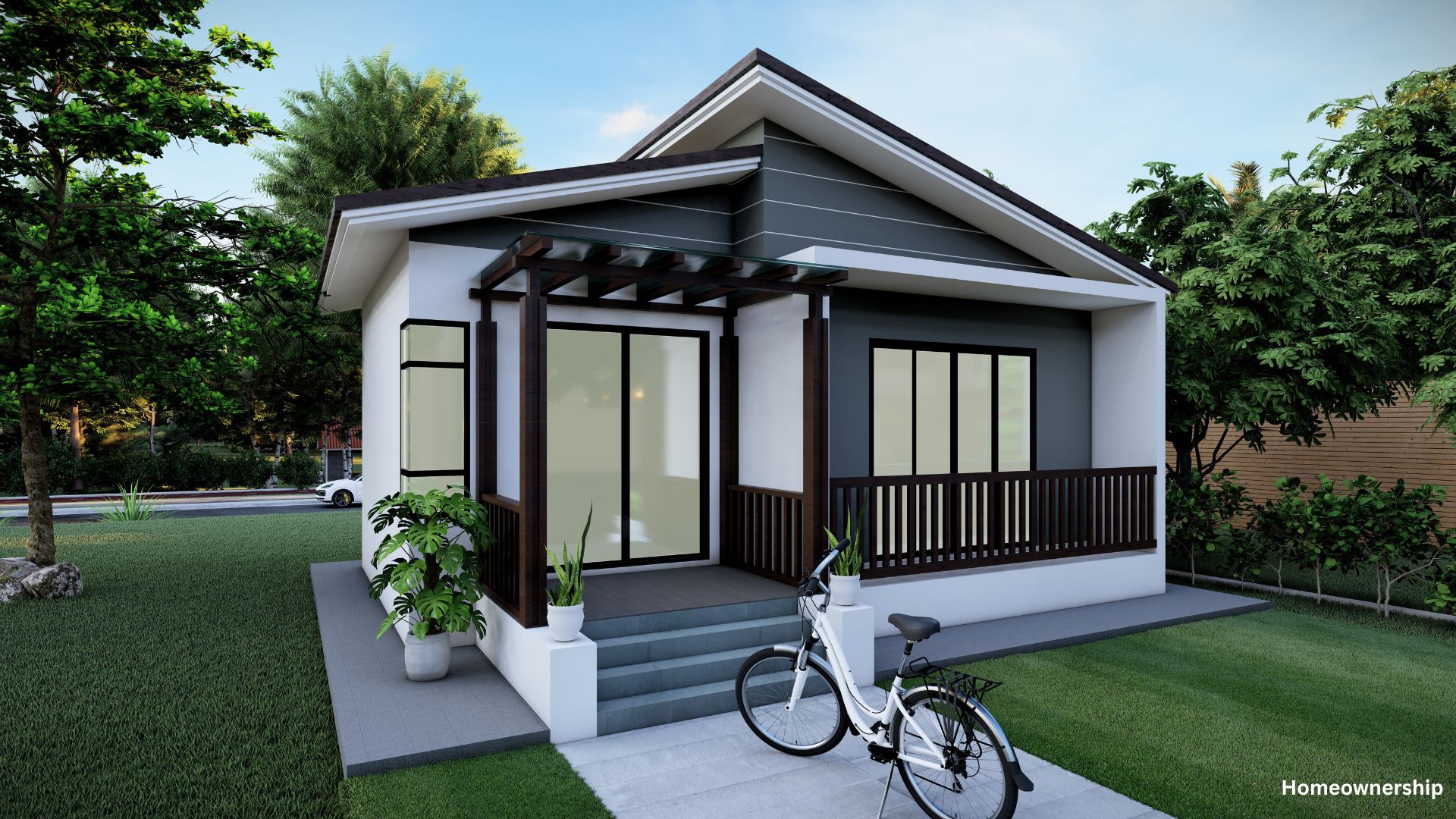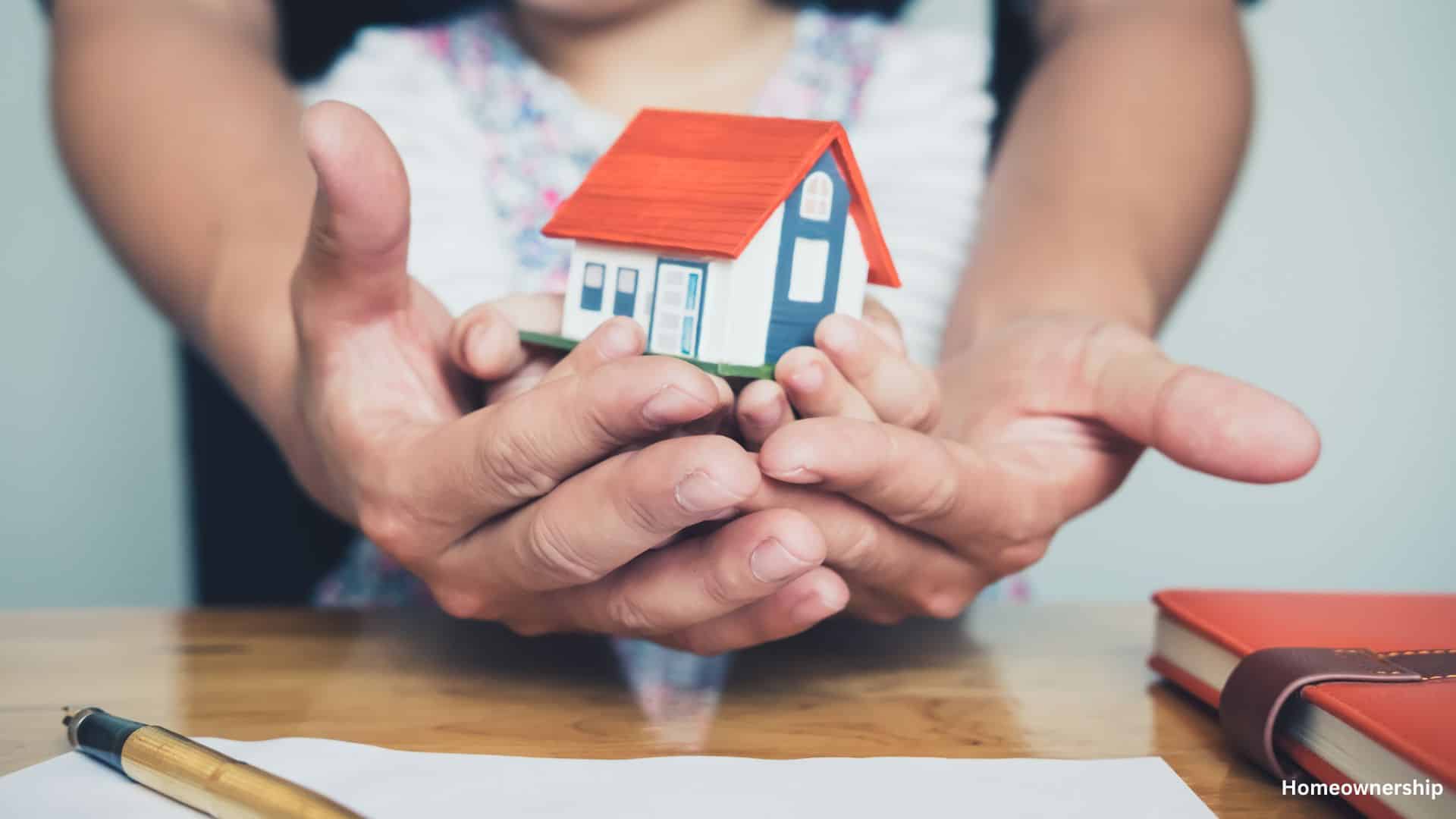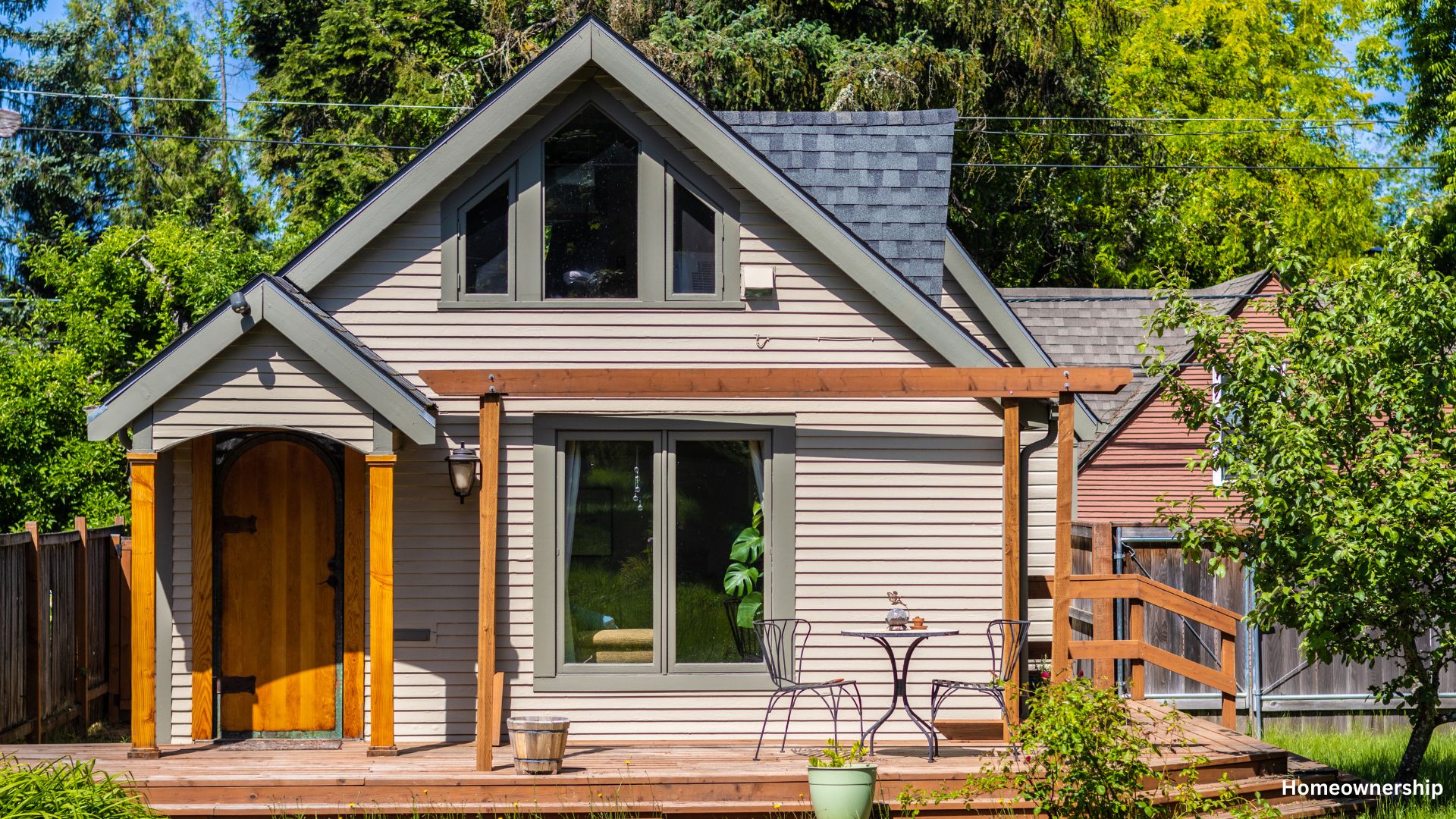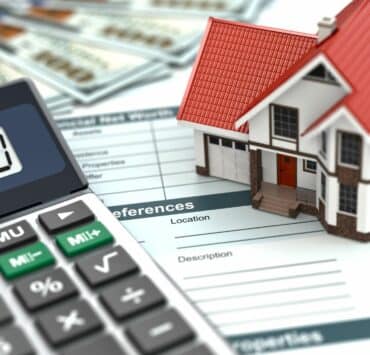Buying a home is an exciting milestone, but it’s also fraught with potential pitfalls. Understanding the most common home buying mistakes can save you time, money, and stress. Whether you’re a first-time buyer or an experienced homeowner, avoiding these errors will help ensure a smoother home buying experience.

Home Buying Mistakes to Avoid
1. Skipping Mortgage Pre-Approval
Before you start house hunting, get pre-approved for a mortgage. Skipping this step is one of the biggest home buying mistakes. Pre-approval gives you a clear picture of what you can afford and shows sellers you’re serious. Without it, you might fall in love with a home outside your budget.
2. Not Considering All Costs
Many buyers focus only on the purchase price, forgetting about additional costs. These include closing costs, property taxes, insurance, and maintenance. Ignoring these can lead to financial strain.
3. Skipping the Home Inspection
A home inspection might seem like an unnecessary expense, but it’s crucial. Skipping it can lead to costly repairs down the line. A thorough inspection reveals issues you might not notice.
4. Letting Emotions Drive Decisions
Buying a home is an emotional process, but decisions driven by emotions can lead to mistakes. It’s important to remain objective and stick to your budget and needs.
5. Overlooking Resale Value
Even if you plan to stay long-term, consider the resale value of your home. Features like good school districts, low crime rates, and future development can affect resale value.
6. Ignoring the Neighborhood
The home’s location is as important as the home itself. Ignoring neighborhood factors like safety, amenities, and future developments can impact your long-term satisfaction.
7. Failing to Budget for Repairs and Maintenance
Homes require ongoing maintenance and occasional repairs. Failing to budget for these expenses can strain your finances. Set aside funds for unexpected repairs and regular upkeep.
8. Not Researching the Market
Understanding the local real estate market is essential. Not researching market trends can result in overpaying or buying in a declining area. Stay informed about market conditions.
9. Making a Small Down Payment
While it’s possible to buy a home with a small down payment, it can lead to higher monthly payments and private mortgage insurance (PMI). Aim for a substantial down payment to reduce long-term costs.
10. Overextending Financially
It’s tempting to stretch your budget for a dream home, but overextending financially can lead to stress and financial instability. Stick to a comfortable budget and avoid maxing out your financial capacity.
11. Neglecting to Read the Fine Print
Real estate contracts are detailed and complex. Neglecting to read and understand the fine print can lead to unfavorable terms. Take the time to review all documents carefully and seek legal advice if needed.
12. Failing to Plan for the Future
Your current needs might change in the future. Failing to consider how long you plan to stay in the home, potential family growth, and career changes can affect your long-term satisfaction.
FAQ Section
What is the most stressful part of buying a house?
The most stressful part of buying a house is often the financial aspect. Securing financing, managing budgets, and handling unexpected costs can be overwhelming. The competitive market can add pressure to make quick decisions, increasing stress levels.
What are the normal feelings when buying a house?
It’s normal to feel a mix of excitement, anxiety, and doubt when buying a house. Excitement about finding a new home, anxiety about the financial commitment, and doubt about making the right choice are common. Balancing these emotions is key.
What is the biggest factor when buying a home?
The biggest factor when buying a home is affordability. Ensuring the home fits your budget without compromising your financial stability is crucial. Other important factors include location, size, and condition of the property.
What’s the hardest part of buying a house?
The hardest part of buying a house is often the negotiation process. This includes making offers, counteroffers, and navigating contract terms. Ensuring you get a fair deal while protecting your interests can be challenging.

Avoiding common home buying mistakes can make your home purchase smoother and more enjoyable. By getting pre-approved, considering all costs, conducting a home inspection, staying objective, and thinking about resale value, you’ll be better prepared for the journey ahead. Happy house hunting!










